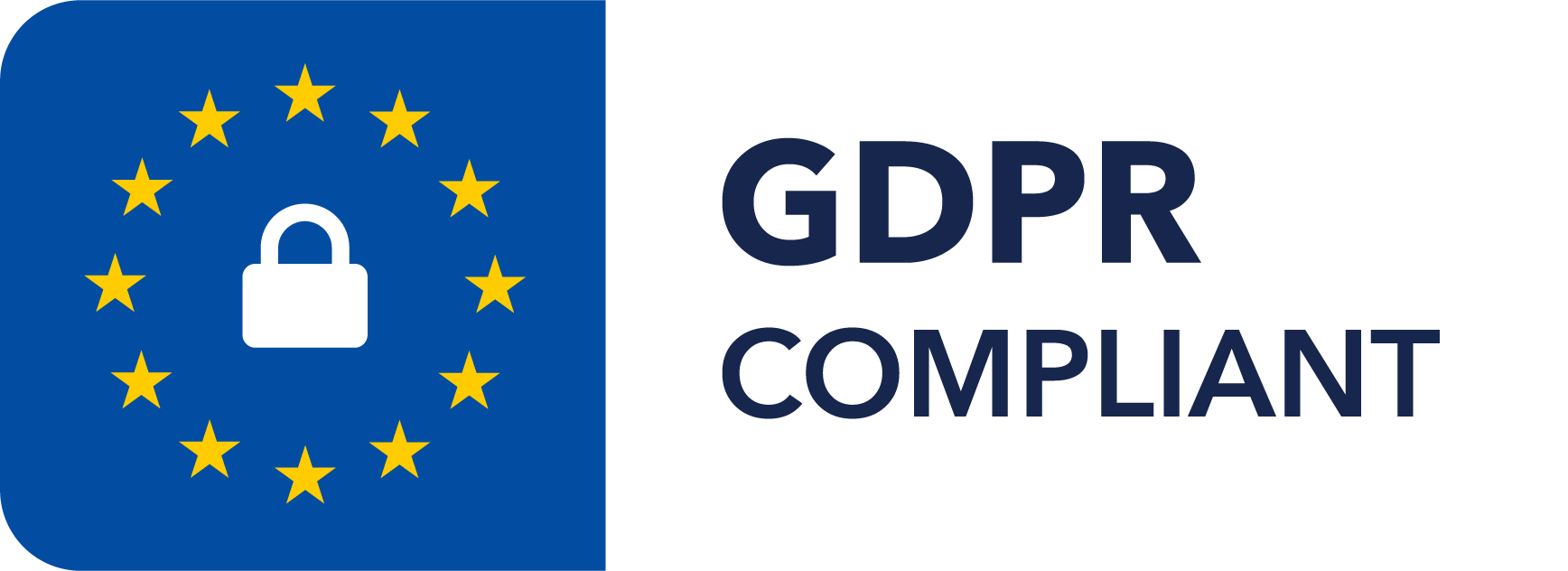How RFP Strategy Can Strengthen Your Brand
October 23, 2024
By
Sagee Moyal

When Should a Software Company Bid on an RFP?
When should a software company bid on an RFP? The answer goes beyond waiting for the perfect “golden RFP.” A strong RFP strategy is not just about chasing perfect-fit opportunities—it’s about building your brand, positioning your company as a valuable solution provider, and forcing organizations to take notice.
While a golden RFP—one where the requirements perfectly align with your expertise—should always be a priority, bidding on RFPs should also be viewed as part of a broader approach to increase visibility and credibility, even when the fit isn’t flawless.
RFPs as Conversations, Not Transactions
An RFP is not just a transaction; it’s a conversation starter. By responding thoughtfully, you gain valuable insight into a business’s core needs, uncovering opportunities to show how your solution can deliver value beyond the baseline requirements.
A well-crafted response demonstrates your industry knowledge, innovation, and expertise, even if you’re not the obvious choice. In fact, some of the most successful RFP strategies come from companies that use responses not only to compete, but also to educate buyers, shift perceptions, and establish themselves as serious long-term contenders.
Even if you don’t win, you’ve planted a seed. Your name is now associated with professionalism, thought leadership, and the ability to execute—qualities procurement teams remember when new opportunities arise.
The “Golden RFP”
Of course, a golden RFP—where requirements directly match your product’s strengths—should be your top priority. These are the bids most likely to yield a win, and they usually check several boxes:
- Requirements are already covered by your existing capabilities.
- The buyer’s budget aligns with your pricing model.
- The project fits your ideal customer profile (ICP).
- Your software has clear advantages over likely competitors.
Golden RFPs are rare, but when they land, they represent the highest ROI for your proposal team.
Identifying “Baked” RFPs
However, it’s also important to recognize RFPs that are clearly baked for a competitor. These often include highly specific requirements, biased language, or technology preferences that narrow the field to one vendor.
Instead of walking away in frustration, treat these RFPs as learning opportunities. Ask yourself:
- What features or language are competitors using to their advantage?
- How does this reflect shifting market expectations?
- Can this inform your product roadmap, messaging, or positioning?
By engaging, you still build credibility with evaluators while gathering insights that sharpen your future RFP strategy.
The Brand-Building Effect of Every RFP
Every RFP response builds your brand’s credibility. Even if you don’t win, you’re signaling to procurement teams and stakeholders that your company is serious, reliable, and capable of delivering value. Over time, these consistent efforts increase awareness and consideration.
Think of each RFP response as a marketing touchpoint. It gives you the chance to:
- Highlight your unique differentiators.
- Educate buyers on industry best practices.
- Position your software as more than just a tool—as a strategic solution.
This brand-building effect compounds. Companies that see your name repeatedly in RFP cycles are more likely to think of you when a future project arises where the fit is better.
Conclusion: A Balanced RFP Strategy
So, when should a software company bid on an RFP? The short answer: more often than just the “golden” ones, but always strategically.
- Bid aggressively on golden RFPs where you know you’re a strong fit.
- Respond selectively to less-than-perfect RFPs to gain visibility and demonstrate expertise.
- Learn from competitor-baked RFPs to inform your roadmap and sharpen your positioning.
By viewing RFPs as conversations and brand-building opportunities, not just transactions, software companies can turn each submission into a stepping stone toward greater credibility, stronger relationships, and future wins.
Share this post
Link copied!



















